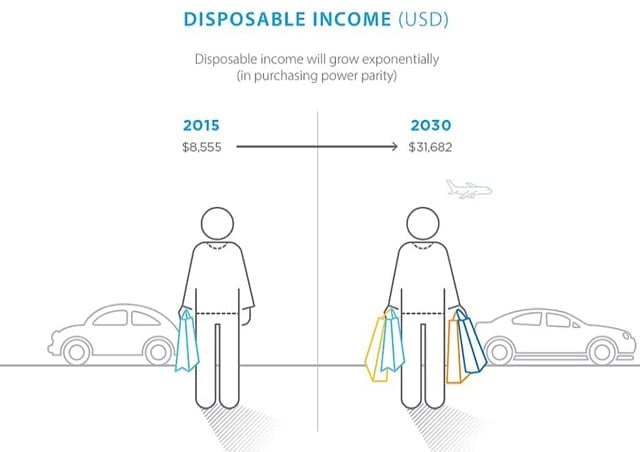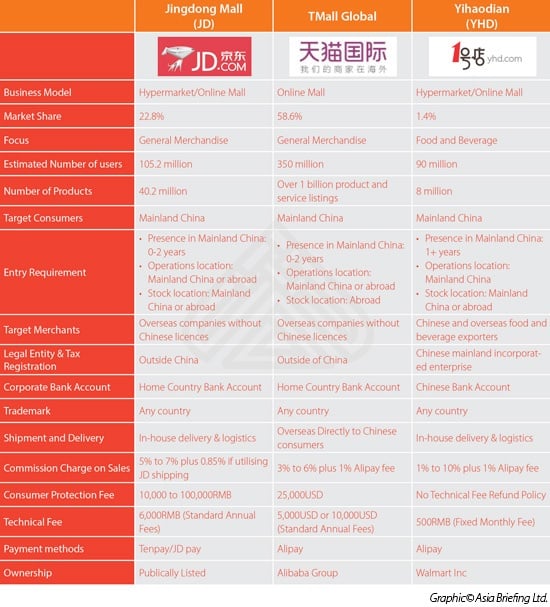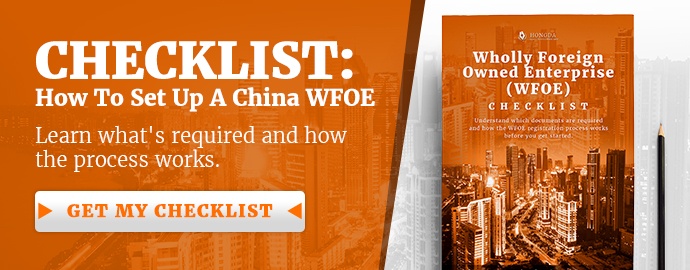 E-commerce in China is mega bucks!
E-commerce in China is mega bucks!
For most of us around the world November 11th is a day just like any other, but in China this day (also known as “Single’s Day”) is a day where online shopping takes precedence over the whole country, with online shopping networks raking in big time!
In 2015, Alibaba, one of China's E-commerce juggernauts saw sales worth 91.2bn yuan ($14.3bn; £9.4bn), a 60% increase from 2014. China's capitalist holiday offers Chinese people the opportunity of purchasing most of their favourite products on online sales platforms such as Taobao and TMall at a 50% discount.
The growth of China Chinese online stores has been exponential to say the least over the past decade, with China now the largest online retail market in the world. To give you a better idea, China and the US account for 55% of the total market, with China set to exceed $1 trillion in retail e-commerce sales by 2018, accounting for more than 40% of the total worldwide.
E-commerce is where the money is at and many foreign companies have truly begun to recognize the monetary potential of setting up Chinese online stores for doing business in China. But, it hasn't been that easy for foreigners to set up on this side until earlier this year.
In June of last year, the Chinese government released a statement saying that they are allowing foreign companies to have full ownership of e-commerce businesses in the region. This move came as China seeked to open their e-commerce market further to foreign competition, as well as to the huge amount of investment that comes with it.
This has made entry into the market a whole lot easier for big players in the online space such as Amazon, and has made it a whole lot more accessible to individuals looking to set up their own e-commerce business in China. Read on as we take a look at what has facilitated the huge growth in the market, and learn about the type of company foreign business people can open for their e-commerce business from anywhere in the world...
China's middle-class and online shopping
Millions more Chinese households are being propelled into the middle-class each year as China becomes more urbanized, higher paying jobs are being created, and optimism that incomes will continue to rise remains prevalent. According to a report released earlier this year by Pew Research Centre, the mainland's middle income class grew by 203 million people in the 10 years after 2001. This staggering growth will see the middle class more than double its spending by 2030, lifting consumption as a portion of GDP to nearly 50 per cent from just 38 per cent in 2014.

See the full infographic here!
The success of online shopping in China is that it provides this ever growing market with great prices and discounts (who doesn't love a good bargain), the convenience of shopping within one's home or directly from their mobile, and greater access to a wide range of products, particularly foreign brands.
Whilst most top-tier cities now enjoy greater access to foreign brands through traditional retail outlets, many of the lower-tier cities do not, and the allure of shopping for these products online is something that is becoming more of a trend. Things such as food safety issues, an increasing interest in health and wellness and a growing willingness to spend on children (the end of the one child policy) have made organic or fresh fruits, meats and vegetables, and baby-related products top spending priorities this year.
The middle-upper-middle-class make up the bulk of online shoppers (not just students or people looking for a bargain) and the demand for foreign products are growing. As more Chinese consumers start to find themselves with more money to burn, the full potential of e-commerce in China will be realized for those quick enough to get involved.
Foreign companies need this one thing to set up Chinese online stores
Any foreign company looking to start doing business in China online can do so by registering a China WFOE with a trading business scope for their physical store, otherwise known as a Foreign Invested Commercial-Enterprise (FICE).A note for FICE owners:
- We recommend that one invest capital of 100,000rmb (this is only a recommendation, there is no minimum registered capital required). This is to ensure that the business and its operations run smoothly and so that it doesn't run out of money before it has even begun to take off
- Owners that are looking to set up from where they are will be required to register a virtual office as proof of an office address. It does, however, only cost 5000rmb per year
- Owners will have to declare 3% of sales as tax to the government
Once a FICE has been registered owners can establish their Chinese online stores with their products. Owners will also need to go to the telecommunications administration authorities for ICP (Internet Content Provider) filing.
Where to host Chinese online stores?
China has a bunch of e-commerce platforms that one can register and host their online shop on, namely TMall, JD, Yihaodian, Taobao and even on Tencent's hugely popular messaging app WeChat.
Each of these different platforms have their own entry requirements and commission charge on sales. Here is a great comparison table on TMall, JD and Yihaodian that compares these factors to help you get a better feel of which platform/s might be the way for you to go.

Click here for more details on the platforms above
Once owners have decided on which platform/s to use and gone through all of the other aspects of running an online shop such as the logistics, warehousing and payments they should be ready to make their own mark in the growing market that is e-commerce in China, and position themselves to make a killing once November 11th rolls around again this year!





